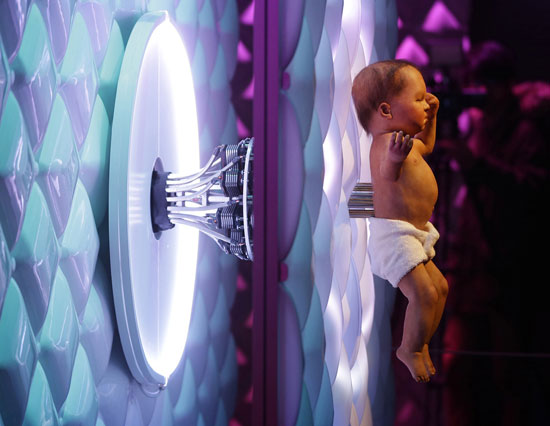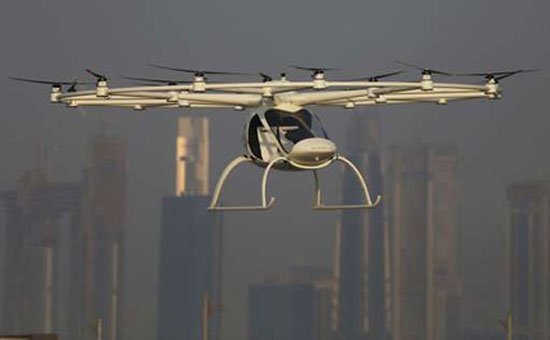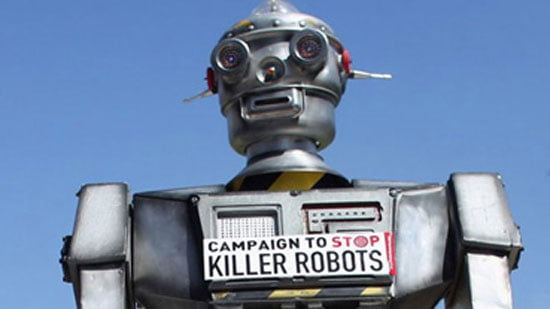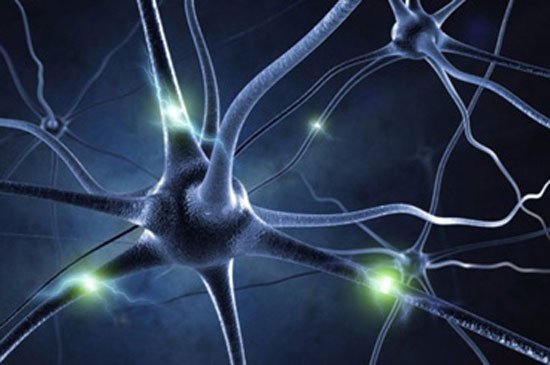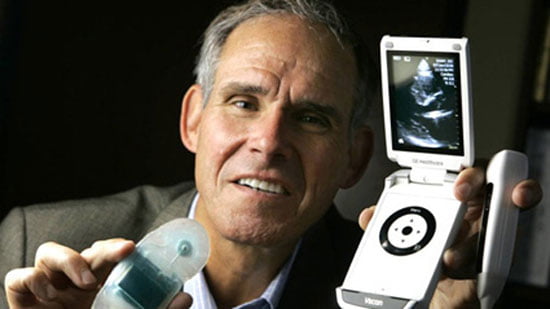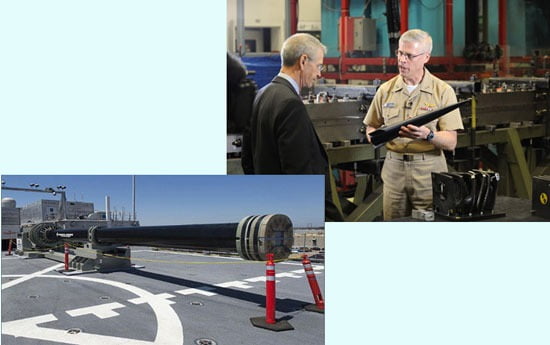For the delayed minds, for the societies that, out of an unspoken fear of the capitalist future (of which they nevertheless enjoy the advance payments), turn ideologically to glorious pasts, the Internet of Things is something that “will take a while to happen.” Yet it is already happening!
- ATMs, those mechanical cashiers that have become so familiar in our places, are considered one of the first instances of machine networking; they date back to the distant year of 1974. They are already “old news”...
- Almost 10 years ago, in 2008, internet-connected objects/devices/machines outnumbered connected humans...
- The forecast for the not-so-distant 2020 is that 50 billion things/devices/machines will be (globally) connected. Such a forecast could prove to be conservative...
- Already, the latest car models (and who doesn’t want to own a “latest model”?) are, one way or another, internet-connected. Even common anti-theft systems are like that. Moreover, since driving is, practically, a simulation of driving, no one wonders anymore about the increasing indications and capabilities that the computer - actually directing the vehicle - “offers” them.
The forecast is that by 2020, at least 250 million vehicles will be part of the Internet of Things.
- The speed with which wearable micro-machines are spreading and the usefulness (within or outside quotation marks) of sending data to remote databases that make observations, comparisons, diagnoses through “smart” algorithms is yet another factor accelerating the growth of the Internet of Things...
- The use of RFID microchips for identifying and tracking the movement of objects (whether during their transport over long distances or as anti-theft methods in stores...) is constantly expanding...
It is, indeed, human - but it is paralyzingly so: in order to measure up to the already quite advanced reality of a mechanical “ecosystem” that appears as a helper but has all the potential to become (has already become) a tyrant of their daily lives, they prefer to emotionally and intellectually occupy themselves with the past. Indeed, the past has a unique psychological advantage: it is finished, settled; it holds no surprises...
The Internet of Things, with its inflationary universality, is not even the only “great” novelty from the near future that is already present. Other fields of cutting-edge technologies, from genetic engineering to the physics of new materials and from neuroscience to quantum physics are already here and are radically transforming the world - both physical and social/relational. The “average mind” (or “average consciousness”), if such things exist, could cry out in despair:
“So far and no further! I don’t understand anything! I can’t keep up!”
That would be, at the very least, accurate. And fair. The cognitive gap between the production of technological wonders and their consumption is abyssal - more so than ever in human history, especially considering that the populations of the capitalist North are generally literate. And this abyssal gap favors either resignation and surrender - or various metaphysical and conspiratorial narratives.
If this is the issue (from some perspectives it is, though certainly not the only one), then we must first recognize it and then confront it. What does “must” mean? What does the plural of the verbs “recognize” and “confront” imply?
Our distant ancestor, what was called the “Enlightenment,” within its historical limits, within its contradictions, and inevitably based on its political/social prerequisites, faced such an issue: organized ignorance - organized then by churches, priesthoods, and aristocracy. Organized and manipulative.
Certainly, no one should, or could even imagine, reviving that step. It was based on education and literacy, when now official educational systems are, to a large extent, part of the problem and not the solution. It had a clear front in religious prejudices and their natural representatives, whereas today, alongside them (God may have died, as Nietzsche put it, but not His representatives!), one must also confront the aristocracy of techno-scientific segregation in all its manifestations. Ultimately, the Enlightenment addressed a plebeian subject with extremely low self-esteem and limited experiences, whereas today the great mass of first-world citizens is a chorus of hypertrophic Egos, with grand ideas about themselves and a manipulative, superficial “knowledge of everything” - through the images of Nothingness.
That is exactly why this “must” constitutes a political duty with ancestors but without historical precedent in either its complexity or its demands. “Must” means competitive knowledge for the capitalist 21st century - but that entails effort with no visible reward! It also entails a kind of stubborn self-confidence: that we can not become the minced meat of capitalist restructuring.
Yet even so, the question of the plural remains: can we? Who, exactly? We’re glad you have the answer: you will sort it out!
We don’t make exercises in the air...


portable, wearable, subcutaneous: the body as a motherboard

DIYbio: self-improvement in the 21st century

struggle for the rights of cyborgs? It exists, it exists…

the product is you!

Terminator and Blade Runner: building cyborgs and humans

social neuroscience: pills for socially sensitive at opportunity cost







